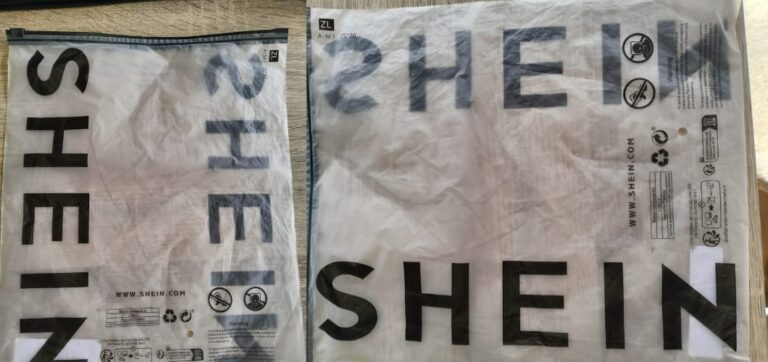Member states’ economy ministers agreed on Thursday, 13 November to terminate the €150 customs duty exemption that currently applies to parcels coming from non-EU countries. The measure is motivated by efforts to limit the huge number of packages delivered daily to the EU mainly from China, and also affects large retailers such as Shein and Temu. European companies have long described this massive influx of goods as unfair competition.
The original plan was to abolish customs exemptions for parcels worth less than €150 by 2028. However, billions of items arriving annually to the EU, mainly from China, sparked a negative reaction from businesses and put pressure on politicians to act more quickly. Relevant customs duties will apply to all goods entering the European Union, bringing the system into line with existing rules for value-added tax on imported goods.
Suspiciously low ’values’, environmental concerns
Current estimates indicate that up to 65 per cent of small parcels entering the EU are undervalued to avoid customs duties on import. That has negative effects on the competitiveness of EU companies. Moreover, the threshold has also raised environmental concerns, given the incentive for non-EU companies to split shipments into individual parcels when sending goods into the Union. According to the Commission, 91 per cent of all e-commerce shipments valued under €150 came from China in 2024.
“This is a key step to better manage the surge in small packages, particularly from China. We ensure fair competition, stronger enforcement, and better consumer protection across the EU,” wrote Commission President Ursula von der Leyen on X.
Maroš Šefčovič, Commissioner for Trade and Economic Security, expressed a similar opinion. “Removing the €150 duty exemption for low-value imports is an important step towards fair competition and a modern Customs Union. We aim to deliver as soon as next year,” wrote Mr Šefčovič on X.
Temporary solution under way
The new rule will start applying in full once the EU Customs Data Hub is up. The proposed EU central platform for interacting with customs and strengthening controls is expected to enter into operation in 2028.
The hub is currently under negotiation between the Council and the European Parliament as part of a broader fundamental reform of the EU customs framework. Its capabilities will enable calculation and notification of customs debt on a per-item basis. It will also allow customs authorities across the EU to apply the full customs regime to small packages entering the EU.
Due to the urgency of the situation, the Council made a commitment to work towards a simple, temporary solution to levy customs duties on such goods as soon as possible in 2026 and before the customs data hub becomes operational in 2028. The 27 member states are expected to meet again in December on this matter.










